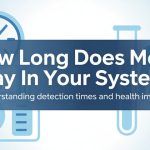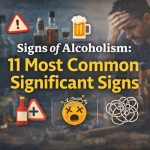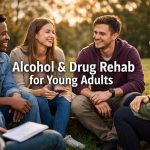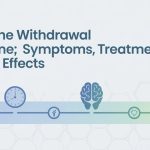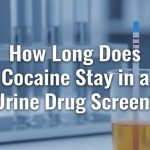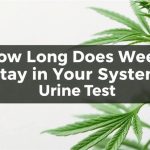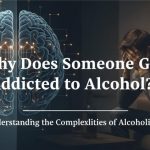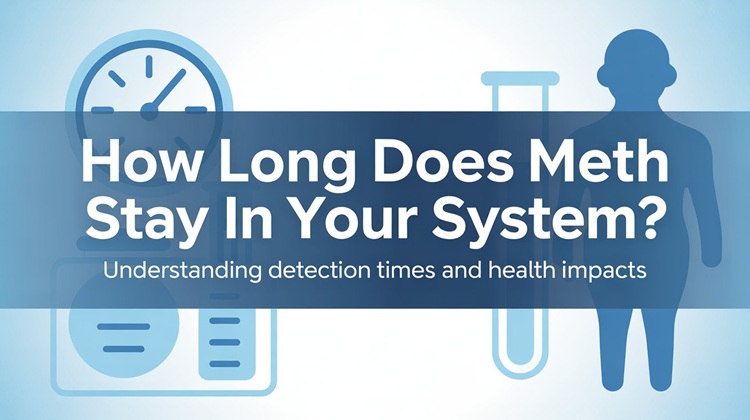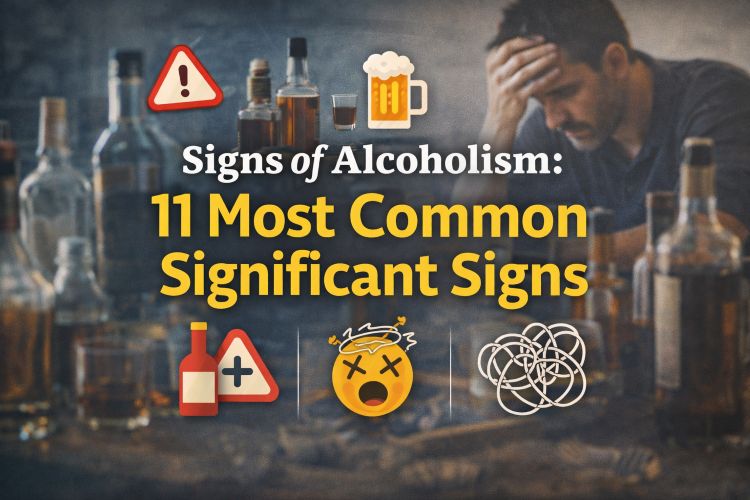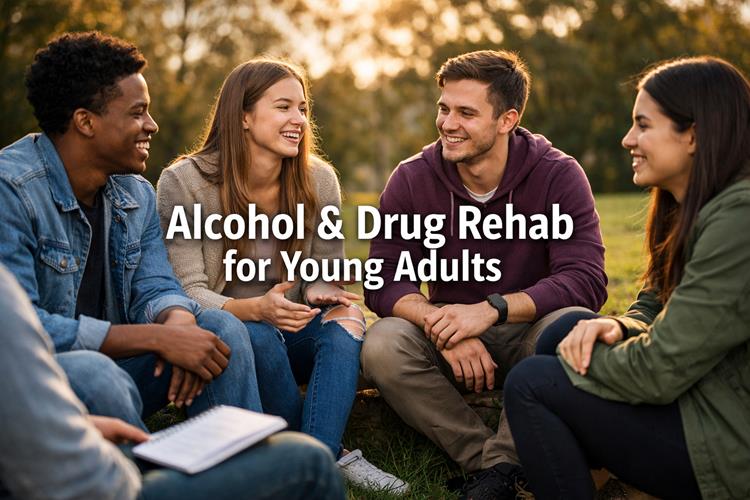PTSD stands for Posttraumatic Stress Disorder which is a type of mental illness that may happen often to a person who has gone through a traumatic event. This condition is characterized by several symptoms that can significantly affect a person’s quality of life and those suffering from PTSD and their relatives must understand this disorder.
What is PTSD?
PTSD is among the mental health disorders that are observed in people who have been through a traumatic event like combat, sexual assault, or natural disaster. These events are associated with heightened fear, helplessness, or horror and it is natural to feel a range of feelings after the traumatic event; however, PTSD refers to abnormal thoughts and images that continue to intrude into the person’s consciousness and affect their functioning.
PTSD always produces different outcomes in clients and may show itself within 1 month after the traumatization or after several years. The condition can be generalized to the extent that a person’s capability to lead a meaningful and normal life is greatly affected in such areas as social, professional, and self-fulfillment.
Symptoms of PTSD
The symptoms of PTSD are generally grouped into four categories: re-experiencing, avoidance, arousal and reactivity, and cognitive and mood symptoms. Thus, every category of symptoms is composed of experiences differing in the degree of impact.
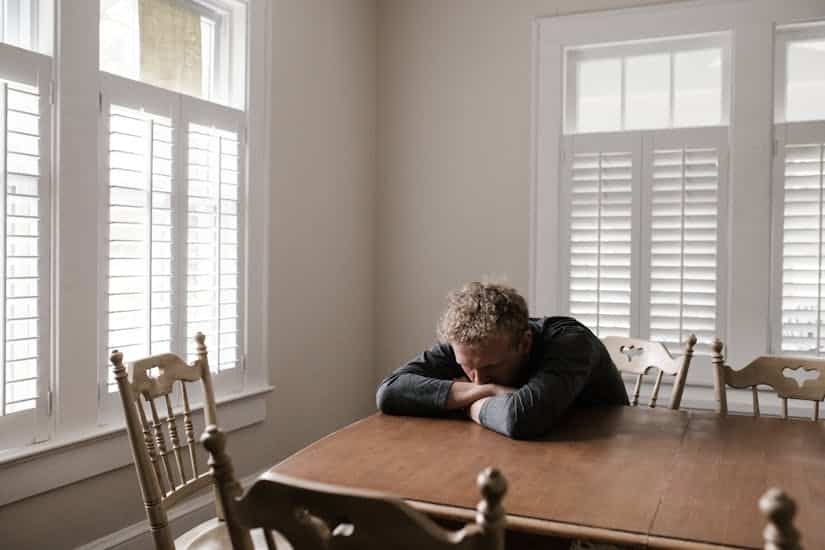
Re-experiencing Symptoms:
- Flashbacks: People might experience the trauma as if it was in progress or ongoing and this is experienced with accompanying feelings and physical symptoms.
- Nightmares: Nightmares related to the traumatic situation are a part of the problem.
- Severe Anxiety and Distressing Thoughts: Cognitive modalities related to the trauma may occur as lingering thoughts and emotions that lead to anxiety and distress.
Avoidance Symptoms:
- Avoiding Reminders: PTSD patients avoid situations, places, and people, that remind them of the trauma and they will do all they can to ensure they do not have to confront such situations.
- Emotional Numbness: In this stage, there might be a significant decline in the appreciation of activities that were once fun and social isolation.
- Isolation: PTSD is characterized by having several symptoms that translate to the victim locking themselves from other people, places, objects, and situations that are associated with the event.
Arousal and Reactivity Symptoms:
- Hypervigilance: Staying on guard; being overly conscious, alert, or watchful, often feeling on edge.
- Easily Startled: A heightened response to sudden stimuli.
- Sleep Disturbances: Sleeping disorders include; having a hard time sleeping or remaining asleep coupled with irritability or even outbursts of anger.
Cognitive and Mood Symptoms:
- Negative Thoughts: The recurring negative thoughts that are focused on oneself, others, or the world we live in.
- Feelings of Guilt or Blame: Cognitive distortions regarding the event and the emotions that result from that experience such as guilt.
- Loss of Interest: A decline in shown interest in other social activities which were previously participated in by the person leading to withdrawal.
100% Confidential Support is Available 24/7
No matter what you’re going through, you’re not alone. Our dedicated team is here to provide a safe, judgment-free space where you can talk openly and honestly. Whether you need emotional support, resources, or just someone to listen.
We’re here for you—completely confidential and always respectful of your privacy. Call us today!
Causes of PTSD
PTSD symptoms can occur where there has been a traumatic event, however not every person who has gone through a traumatic event will be predisposed to PTSD. Depending on the said type of trauma and other factors one may develop PTSD.
Traumatic Events
Various traumatic events can lead to PTSD, such as:
- Military Combat: This pressure originates from the elevated anxiety that soldiers undergo whilst in the military, plus the life-endangering circumstances of their service.
- Assault: Mainly sexual abuse are traumatic experience that may have long-term side effects on individuals.
- Accidents: Severe accidents like road accidents, and disasters such as floods are very distressing events.
- Terrorist Attacks: Some terror activities may lead to high levels of anxiety and psychological injuries.
Risk Factors
Certain risk factors can increase the likelihood of developing PTSD:
- Previous Trauma: It can increase the chances of experience based on previous adverse events that a person has been through.
- Mental Health History: Certain conditions that predispose an individual include a previous history of mental health disorders like depression and anxiety.
- Lack of Support: The following is an outline of how social support can either be helpful or pathogenic post-trauma:
- Ongoing Stress: Trauma can be aggravated by further stress or drastic changes in one’s life.
Biological Factors
Genetics and brain function also play a role in PTSD:
- Genetics: They found that families’ history of mental health conditions can raise their sensitivity or vulnerability level.
- Brain Function: Other general factors include disparity in the brain structure and functioning in areas leading to modulation of fear and memory that may lead to PTSD.
Contact Palm Coast Treatment Solutions
Battling with Drug and Alcohol Addition? Remember, you are not alone and we are here to help you!
Coping Strategies for PTSD
Treating PTSD is a process that requires a professional intervention along with several self-interventions and strong social support.
Professional Treatment
Psychotherapy: There are various treatment methods used in the treatment of PTSD these are:
- Cognitive Behavioral Therapy (CBT): The model centers its aims on the modification of negative ways of thinking and processes.
- Eye Movement Desensitization and Reprocessing (EMDR): Guides the visual fixation to the right or left to coordinate mental images for processing and integration of traumatic events.
Medications: Some drugs have beneficial effects in patients with this condition and help to control complaints:
- Selective Serotonin Reuptake Inhibitors (SSRIs): Typically used for decreasing the symptoms of depression and anxiety.
- Anti-Anxiety Medications: Acute anxiety symptoms can also be managed with its help.
Self-Help Techniques:
- Mindfulness and Meditation: Some of the most beneficial behaviors are those that entail taking time to be in the present moment and therefore de-stressed.
- Exercise: Exercise can help elevate one’s mood and general well being thereby helping in the symptomology of PTSD.
- Healthy Lifestyle: These include eating healthy foods, proper sleeping habits, and no alcohol and drug abuse.
Support Systems:
- Friends and Family: A loving embrace, kind words, and the understanding that one is not alone, can do so much.
- Support Groups: It feels great to be with people who understand what one is going through especially since, in most cases, the struggles stem from some traumas.
- Community Resources: Other resources which can help include, hotlines, counseling agencies, and post-traumatic stress disorder support groups.
PTSD is a severe mental health disorder that can erupt after a person or a patient has undergone some traumatic events. One must learn the symptoms of PTSD and in turn, seek the right assistance that in turn may bring quality life.
If you or someone you know is suffering from this condition, check out our PTSD treatment program to start the recovery process.







